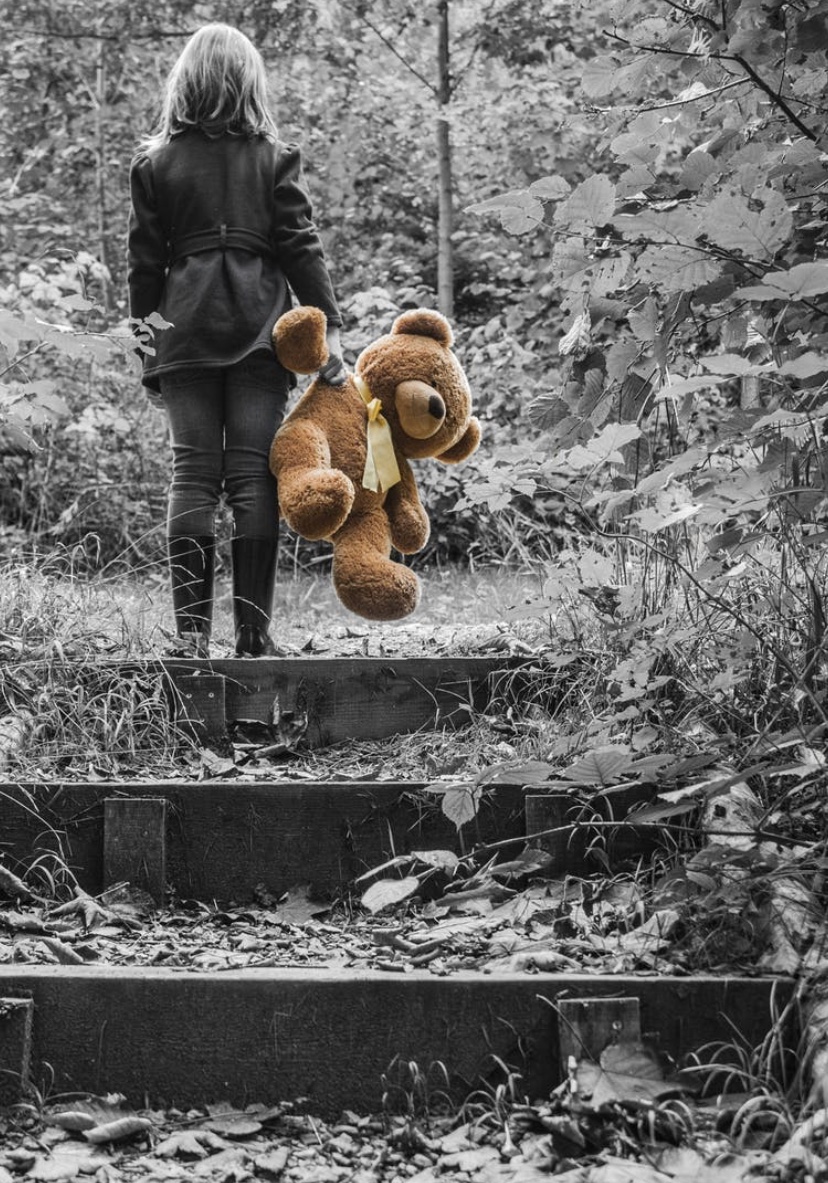Bullying and Grief
When you become a parent there are so many things that are outside of your control. This can result in feelings of helplessness especially when you find out that your child is the victim of bullying. Or the reverse happens, and you find out that your child is the bully. As parents, although we may seem all powerful to our children there are limits to what we can do when they are not with us. We try our best to engrain our morals and values in them so that when we send them out into the community they will behave accordingly. Unfortunately, that doesn’t always work and we are often blindsided in parent teacher conferences with stories we were not prepared to hear.
We want to believe the best about our children always and when we are confronted with the fact that they have not behaved in the manner in which we expect it can be very painful. Especially when you find out that your child is being hurt by his or her peers. Everyone is unique and individual in their own right, but kids find a way to not only point out those differences, but to use them as a means to hurt others. Once you find out that your child is being hurt whether physically or emotionally you will do anything to stop it.
That being said, there are instances where no matter how many meetings you have or phone calls you make the help is just not there for you or your child. The feeling of being helpless to stop what is happening to your child can be a grief causing event. It’s important to recognize the situation for what it is so that you can help yourself first in order to be emotionally available for your child. As we are told on airplanes when they discuss the oxygen mask “If you are traveling with a child or someone who requires assistance, secure your mask on first, and then assist the other person.” Grief work is a lot like that for parents. You must get help first in order to be the best version of yourself to help your child.
Be honest with how you’re feeling when you talk to your child in order to assist him or her to freely express their feelings as well. Explain to your child that the feelings you are both experiencing are normal and natural. It is important to recognize any unresolved grief from your own childhood that this situation might be stirring up for you. If not addressed properly your child may begin to carry around their own unresolved grief. Lastly, don’t be afraid to seek out professional assistance, if needed.
~Healing Starts with the Heart~




